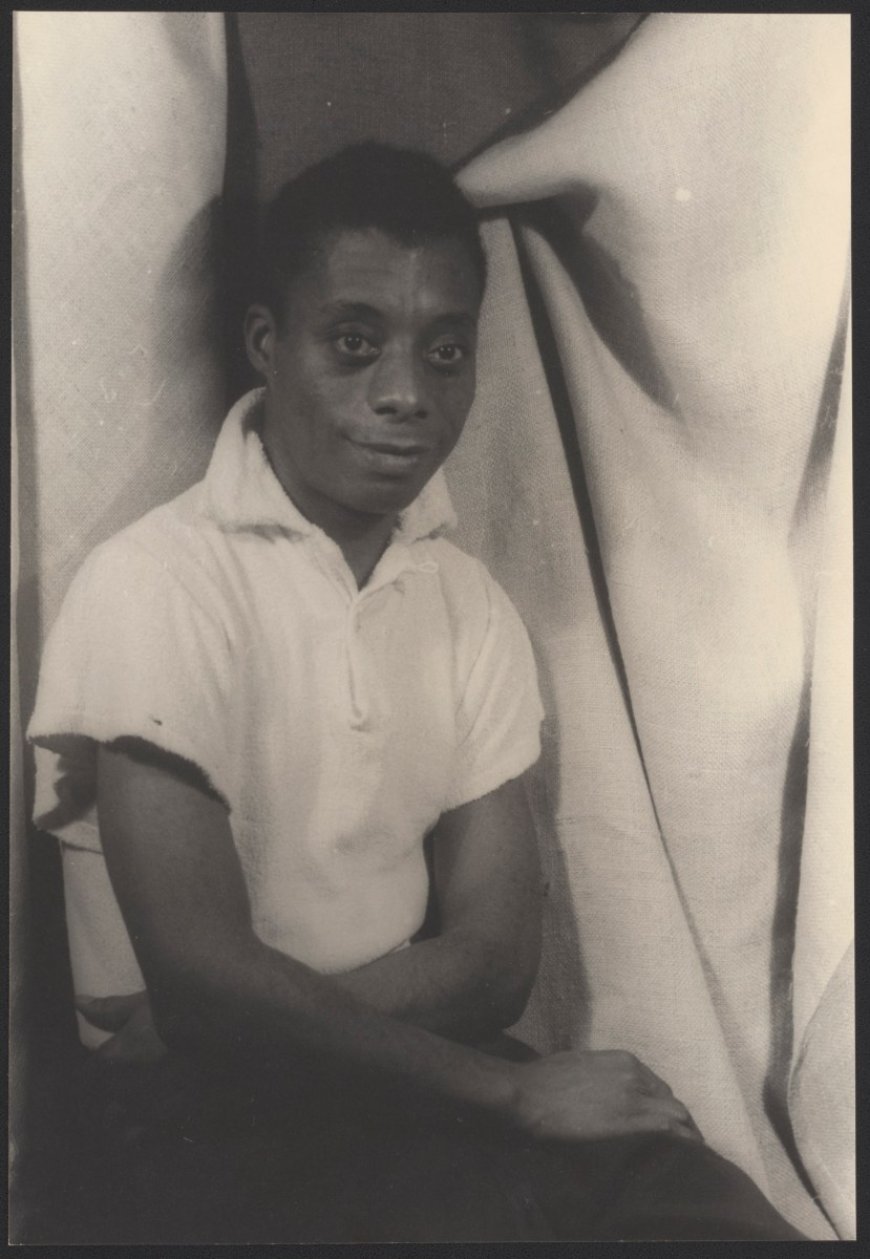OUT SOUTH SHORE: James Baldwin’s Fire Island
August 2 would have marked iconic writer James Baldwin's 100th birthday. While most literary critics and educators praise his works, such as "Another Country," Moms for Liberty has been on a crusade to ban such books from school and public libraries with gay and lesbian characters or anything that fits their definition of Critical Race… Read More

August 2 would have marked iconic writer James Baldwin’s 100th birthday. While most literary critics and educators praise his works, such as “Another Country,” Moms for Liberty has been on a crusade to ban such books from school and public libraries with gay and lesbian characters or anything that fits their definition of Critical Race Theory. The current censorship movement of literary art and history has created a sense of urgency in preserving the legacies of writers such as James Baldwin and their artistic messaging. Like his other scholarly works, “Another Country” explores issues of race and sexuality, but unlike his other books, this one was written in Cherry Grove. The community of Cherry Grove could have been the book’s main inspiration, encapsulating the historical struggles of the gay and lesbian communities.
During the time of Baldwin’s visit to Cherry Grove in early May of 1959, the years of Communist witch hunts seemed to be slowly fading away, but the Lavander Scare was at its peak. McCarthy-era gossip columnist Dorothy Kilgallen was destroying careers by publishing names of suspected gay entertainers and referring to them as the “Very Gay set of Fire Island.”
Due to the publicity and “moral outrage” of editorials, local police officers conducted raids against people they referred to as “undesirables.” Arrests in and around Cherry Grove included charges of immorality to disorderly conduct. Attempting to operate against this homophobic environment, Cherry Grove provided gays and lesbians a refuge to be who they are while forced into secrecy in their everyday lives outside of the community. Truman Capote stayed at the Carrington’s guest house between Cherry Grove and Fire Island Pines two years before Baldwin’s visit. During his stay, he completed his book “Breakfast at Tiffany’s.” Capote, drawing inspiration from the remoteness of the Fire Island, his partner Jack Dunphy, and the open sexuality of visitors to Cherry Grove, created a strong base of characters for his storyline. Capote will be one of many writers who made the Grove and the surrounding areas a destination for a writer’s block cure.
Baldwin, attempting to finish his manuscript “Another Country,” took the advice of his Broadway and literary contemporaries and checked into the Grove Hotel, hoping to draw on some inspiration from the community’s guests and isolation. While skimming through “Another America,” a passage that can easily be interpreted as his experience of Cherry Grove and the discretion of the gay community reads:
“The trouble with a secret life is that it is very frequently a secret from the person who lives it and not at all a secret for the people he encounters. He encounters because he must encounter those people who see his secrecy before they see anything else and who drag these secrets out of him.”
The community of the Grove at the time, despite being openly gay and lesbian, would have resembled the racial boundaries of other communities throughout New York City’s Bohemian enclaves. Black people in the Grove at the time were hotel/ restaurant workers, entertainers, or, in some cases, guests. Years later, reflecting on his experiences in white gay communities, Baldwin stated, “I think white gay people feel cheated because they were born, in principle, into a society in which they were supposed to be safe. The anomaly of their sexuality puts them in danger, unexpectedly.”
Baldwin will return to Fire Island but stay in Ocean Beach in the autumn of 1963 as a guest of theatre director and actor coach Lee Strasberg. While a guest of Strasberg, Baldwin found time to finish his play “Blues for Mister Charlie.” The play reflected on the evolving civil rights movement and racial inequities in the justice system. In contrast to his work four years earlier, sexuality was not central to the story. His participation in the August 28 march on Washington, compounded with racial violence in Birmingham, Alabama, fueled a sense of urgency for Baldwin to write the play. Autumn of 1963 will be Baldwin’s last known visit to Fire Island, and in the decade to come, Baldwin will move to Saint-Paul-de-Vence, France, full-time.
Moms for Liberty’s growing influence throughout the country to ban Baldwin’s works silences the historic, societal ills we struggle with today. However, in rebuttal to his critics over 60 years ago, which can be applied to the Moms for Liberty’s campaign today, Baldwin warns us, “Not everything that is faced can be changed, but nothing can be changed until it is faced.”
A special thanks to Carl Luss for his input on preparing this article.

 Mark
Mark 





